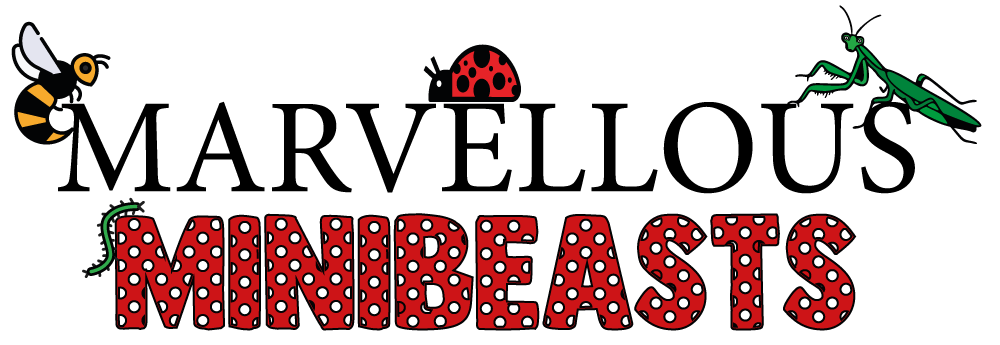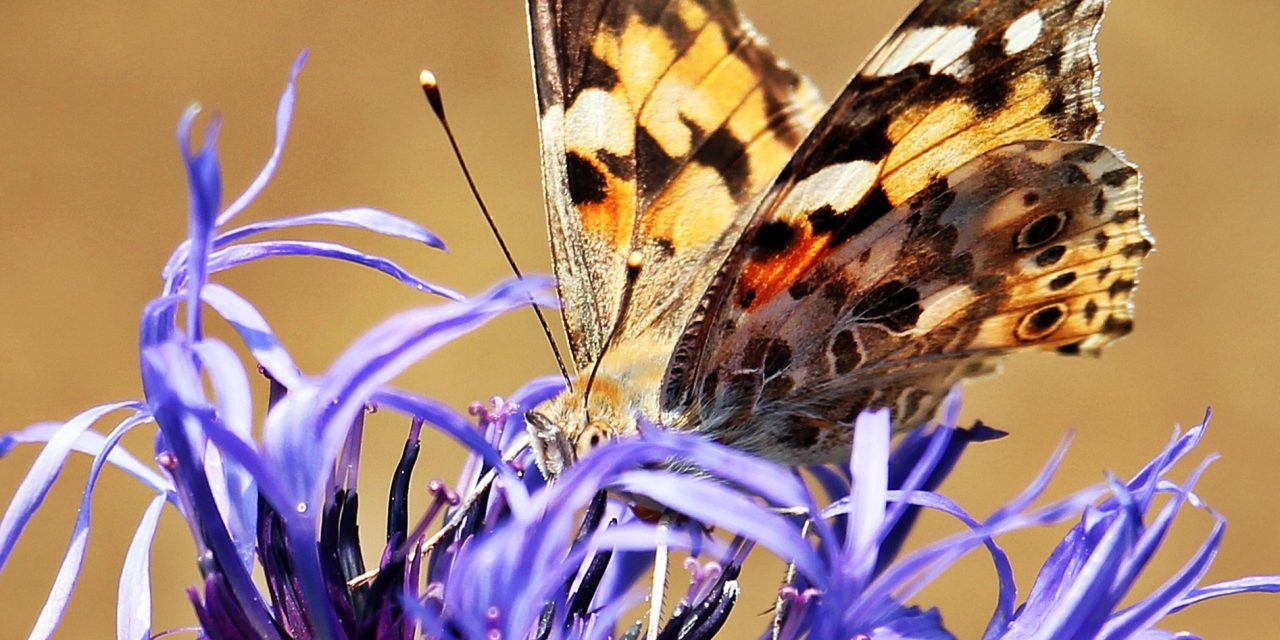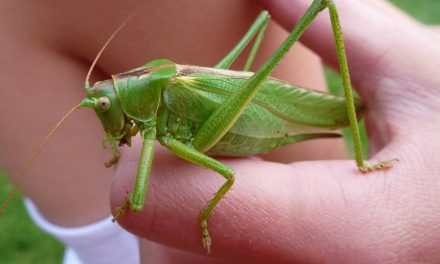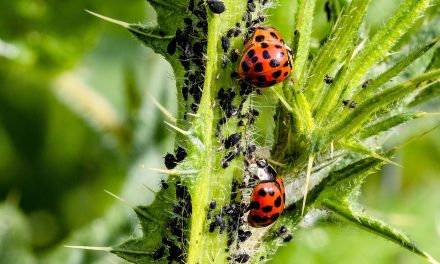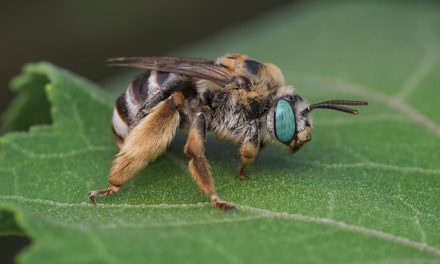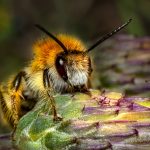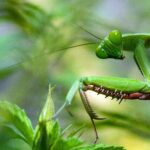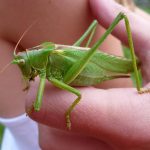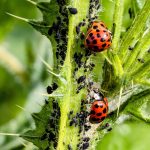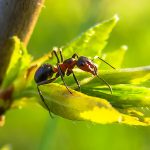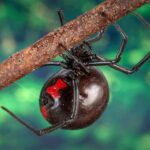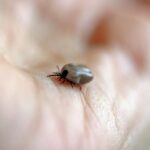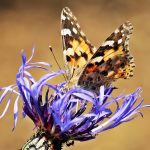Have you ever stopped to think about the important role that insects play in pollinating flowers? From buzzing bees to fluttering butterflies, these tiny creatures are responsible for the pollination of many of the plants we rely on for food and beauty. But what would happen if insects were to disappear entirely?
It’s a question that has gained increasing importance as insect populations around the world continue to decline. Habitat loss, pesticide use, and climate change are all contributing factors, and if these trends continue, it’s possible that some insect species could disappear entirely. So, let’s explore the importance of insects in pollination, consider what could happen if they were to disappear, and answer the question: With insects gone, would humans be able to pollinate flowers?
What are insects and why are they important for pollination?
Insects are a diverse group of animals that play an incredibly important role in ecosystems around the world. They are characterised by their small size, six legs, wings, and a body divided into three parts: the head, thorax, and abdomen. With over one million described species, insects are the most diverse group of animals on Earth.
One of the most important roles that insects play in the natural world is pollination. Pollination is the process by which pollen from the male parts of a flower is transferred to the female parts of the same or a different flower, leading to fertilisation and the production of seeds. Insects are important for pollination because they visit flowers to collect nectar and pollen, and in doing so, they accidentally transfer pollen between flowers of the same species.
Bees are perhaps the best-known pollinators, and for good reason. They are incredibly efficient at pollinating flowers, and many plants have evolved to rely on them for their survival. Butterflies and moths are also important pollinators, and their long proboscises (tubular mouthparts) are perfectly adapted for collecting nectar from deep flowers. Flies, beetles and wasps are also important pollinators, although they may not be as efficient as bees and butterflies.
Without insects, pollination would be much harder, and many plants and crops would struggle to survive. In fact, it’s estimated that around 75% of the world’s food crops rely on pollinators like bees, butterflies, and other insects. Some examples of crops that rely heavily on pollination include almonds, apples, blueberries, cherries, cucumbers, melons, pumpkins, and squash.
Insects are also important for maintaining biodiversity in ecosystems. Many plants have evolved to rely on specific insect species for pollination, and if these insects were to disappear, the plants could also disappear. This, in turn, could have a ripple effect on other species that rely on the plants for food or shelter.
In summary, insects are a diverse group of animals that play a vital role in ecosystems around the world. Pollination is perhaps their most important function, and without insects, many plants and crops would struggle to survive. Bees, butterflies, moths, flies, beetles, and wasps are all important pollinators, and it’s important that we take steps to protect and preserve their populations.

What would happen if insects disappeared?
The idea of a world without insects may seem like a nightmare scenario, but unfortunately, it’s a very real possibility. Insects are facing a range of threats, including habitat loss, pesticide use, and climate change, and if these factors were to cause insects to disappear, it would have a huge impact on the natural world.
Perhaps the most immediate impact of insect disappearance would be on agriculture. Many plants and crops rely on insect pollination, including fruits, vegetables, and nuts. Without pollination, these plants would not be able to produce seeds or fruit, leading to a decline in food production and potentially even food shortages. Insects are estimated to be responsible for pollinating around 75% of the world’s food crops, so their disappearance would be a major blow to global food security.
In addition to agriculture, the disappearance of insects would have far-reaching consequences for ecosystems around the world. Insects play a vital role in the food chain, serving as a food source for many other animals, including birds, mammals, and reptiles. Without insects, these animals would struggle to find enough food, and many species could decline or even disappear.
The loss of insects could also have a negative impact on the environment more broadly. Many plants have evolved to rely on specific insect species for pollination, and if these insects were to disappear, the plants could also disappear. This, in turn, could have a ripple effect on other species that rely on the plants for food or shelter. In addition, insects play important roles in nutrient cycling, decomposition, and soil health, so their disappearance could have implications for these processes as well.
Finally, the disappearance of insects could have implications for human health. Some insects, like mosquitoes and ticks, are known carriers for diseases like malaria and Lyme disease. While it’s not clear what the impact of insect disappearance would be on disease transmission, it’s possible that the loss of certain species could lead to an increase in disease prevalence.
Could humans take over the role of pollinators?
Although humans have been pollinating plants for thousands of years, it would be very difficult for us to take over the role of insects in pollinating flowers on a large scale. While hand-pollination of crops like vanilla or fruit trees is a common practise, it is time-consuming and labour-intensive and would be very difficult to scale up to the level needed to replace insect pollinators.
One of the reasons humans are not well-suited to replace insects as pollinators is that we don’t have the same physical characteristics that make insects efficient pollinators. Insects have small size, hairy bodies, and the ability to fly quickly and navigate through complex environments. These traits allow them to collect nectar and pollen from flowers and transfer it between flowers of the same species without damaging the delicate flower structures.
In contrast, humans are much larger than insects and don’t have the same level of agility or mobility. Even if humans were able to mimic some of the physical characteristics of insects, it would be difficult to achieve the same level of efficiency and effectiveness that insects provide.
Another challenge with humans taking over the role of pollinators is that it would require a massive effort to manually pollinate all of the flowers that are currently pollinated by insects. Insects are estimated to be responsible for pollinating around 75% of the world’s food crops, and it would be virtually impossible for humans to replicate this level of pollination without incurring significant costs in time and resources.

Final thoughts
Insects are crucial pollinators that play a vital role in our ecosystems and food production. They visit flowers to collect nectar and pollen, and in doing so, they transfer pollen between flowers. Without insects, pollination would be much harder, and many plants and crops would struggle to survive. We rely on insects to pollinate around 75% of the world’s food crops, and their disappearance could lead to food shortages and have a massive impact on the natural world.
It’s important to take action to protect insect populations and their habitats. We can all do our part by planting pollinator-friendly gardens, reducing our use of pesticides, and supporting conservation efforts. By working together to protect insects, we can ensure that they continue to pollinate our flowers and help produce the food we need to survive.
In conclusion, insects are small creatures with a big impact, and we must work together to protect them. By doing so, we can ensure a healthy and thriving natural world and a stable food supply for generations to come.
